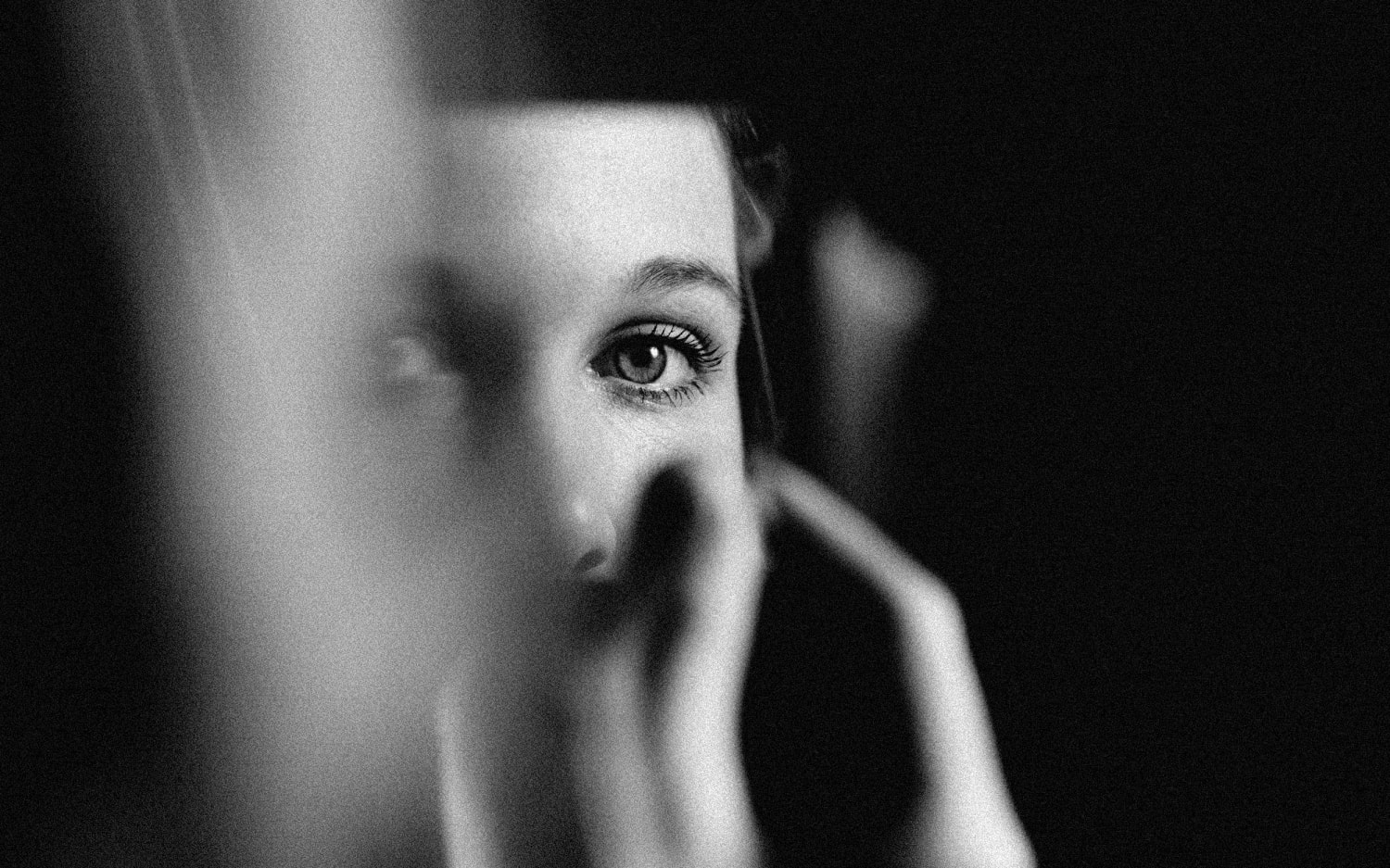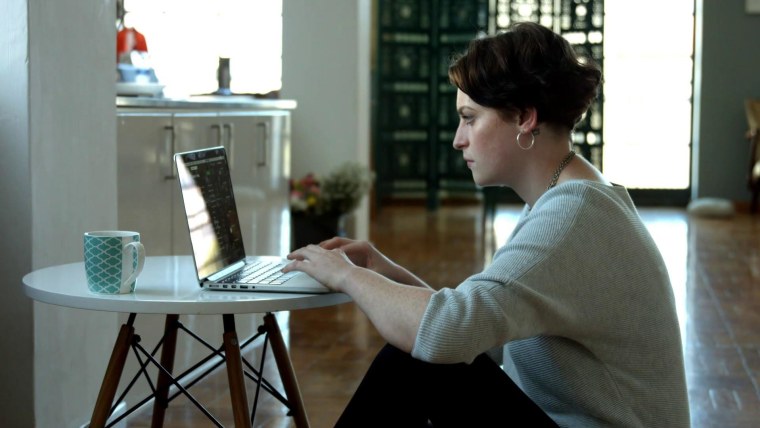It was reasonable to hope that focus on, and consideration of, physical appearances might have waned over the long course of the Covid crisis and its work-from-home side effect. Despite many months of remote office interactions, a widespread loosening of fashion conventions and virtual meetings distorted by electronic screens, lookism — discrimination based on a lack of perceived attractiveness — seems to be a hardy animal.
Bias based on physical appearance seems to have weathered the pandemic unscathed. In fact, it may have even mutated.
Based on a sample of 2,000 office-based staff working remotely, U.K. law firm Slater and Gordon found last summer that, contrary to expectations, bias based on physical appearance seems to have weathered the pandemic unscathed.
In fact, it may have even mutated. A third of both men and women respondents said that, because of the pandemic’s depressive effect on the job market, they had “put up with” comments about the way they look during video calls that they would not have tolerated in person. And in another new manifestation of an old scourge, more than a quarter of women reported being asked to dress more provocatively for online meetings, while a third said they were told to use more makeup or fix up their hair.
In a study published in the current issue of the American Journal of Sociology, researchers reported that the earning gap between people perceived as attractive and unattractive rivals or exceeds the earning gap between white and Black adults. In a narrower but still telling correlation, a paper from last year found that more attractive academics are rated as better teachers by students.
It has been noted that people with symmetrical features are assumed to be kinder, more capable and more intelligent than those with faces we perceive as unpleasant. Judith Langlois, professor emeritus of psychology at the University of Texas at Austin, suggests that the association of beauty with goodness may be acquired at a very early age through innate information-processing mechanisms.
That takes a toll on the less attractive. Yet, as New York Times columnist David Brooks recently pointed out, “there’s no National Association of Ugly People lobbying for change.”
Which raises the question: Should there be? Or, more realistically, should anti-discrimination laws encompass lookism? What about in cases where the “lookist” employer, admissions officer or teacher are averse to baldness or obesity, or partial to a particular eye or hair color? Or, like me, is a hopeless grumpist (my own suggested contribution to the contemporary dictionary): finding smiling countenances endearing and sullen ones off-putting? Should such innate biases be considered discriminatory? Subject to litigation?
Thinking about lookism puts me in mind of the Talmudic account about an early-Common Era Roman emperor’s daughter who bemoaned to Jewish scholar Rabbi Yehoshua ben Ḥananya, an apparently notably unattractive man, that his “glorious wisdom” occupied so “ugly a vessel.”
Yehoshua changed the subject, or so it seemed, by asking the lady why her father kept his wine in simple clay containers rather than in gold and silver ones. After their conversation, she cited the rabbi in suggesting the change to her dad. He accepted it — only to discover that the wine he had transferred had turned to vinegar.
When the emperor accosted the rabbi to complain, Yehoshua explained, “Just as she said to me, so I said to her, to show that fine material is best preserved in the least of vessels.”
There’s a coda to the tale, though, and it’s even more trenchant.
The emperor responded, “But there are handsome people who are learned.”
The rabbi’s reply: “Had they been ugly, they would have been even more accomplished.”
Yehoshua’s final point can’t be overly emphasized: Sometimes (perhaps most of the time), a deficit can be a strength. At the very least, it can often send one in a useful, rather than a futile, direction.
It is unfortunate that so much societal angst is born of energy wasted on trying to erase biases that can never truly be overcome, instead of seizing the cards one has been dealt and finding the best way of playing them — even, perhaps, leveraging them to one’s advantage.
To be sure, there are racial, religious and other forms of wrongful discrimination in housing or employment motivated by hate that laws should, and do, address. But there are also more subtle prejudices that no laws will ever be able to protect against, that are part and parcel of the human condition. Some are justified, like if the NBA refused to consider me as a point guard just because I’m 5’8”, somewhat overweight, well into my 60s (ageism!) and easily winded; others are less justified but no less inflexible, like lookism.
Sometimes (perhaps most of the time), a deficit can be a strength. At the very least, it can often send one in a useful, rather than a futile, direction.
And yet, what might seem a gift is really a Coleridgean albatross necklace. A handsome or beautiful scholar will likely face temptations, distractions and challenges to scholarly development that a less attractive scholar most probably will not. My undeniably limited basketball potential led me to an incredibly more fulfilling life off the hardwood for which the abilities I do possess are more suited.
Instead of railing against reality and bemoaning the fact that we are who we are and not who we’d rather be, or railing against those who penalize us for things about ourselves we cannot change, we do ourselves a great favor by recognizing that life is about capitalizing on our strengths and not trying to alter what we perceive to be our deficits — be they in physical ability, looks or talent — that we are shouldered with.
Because we haven’t really been shouldered with them at all. We have been granted them, as signposts pointing us in the directions our lives are meant to take.
Source: | This article originally belongs to Nbcnews.com










